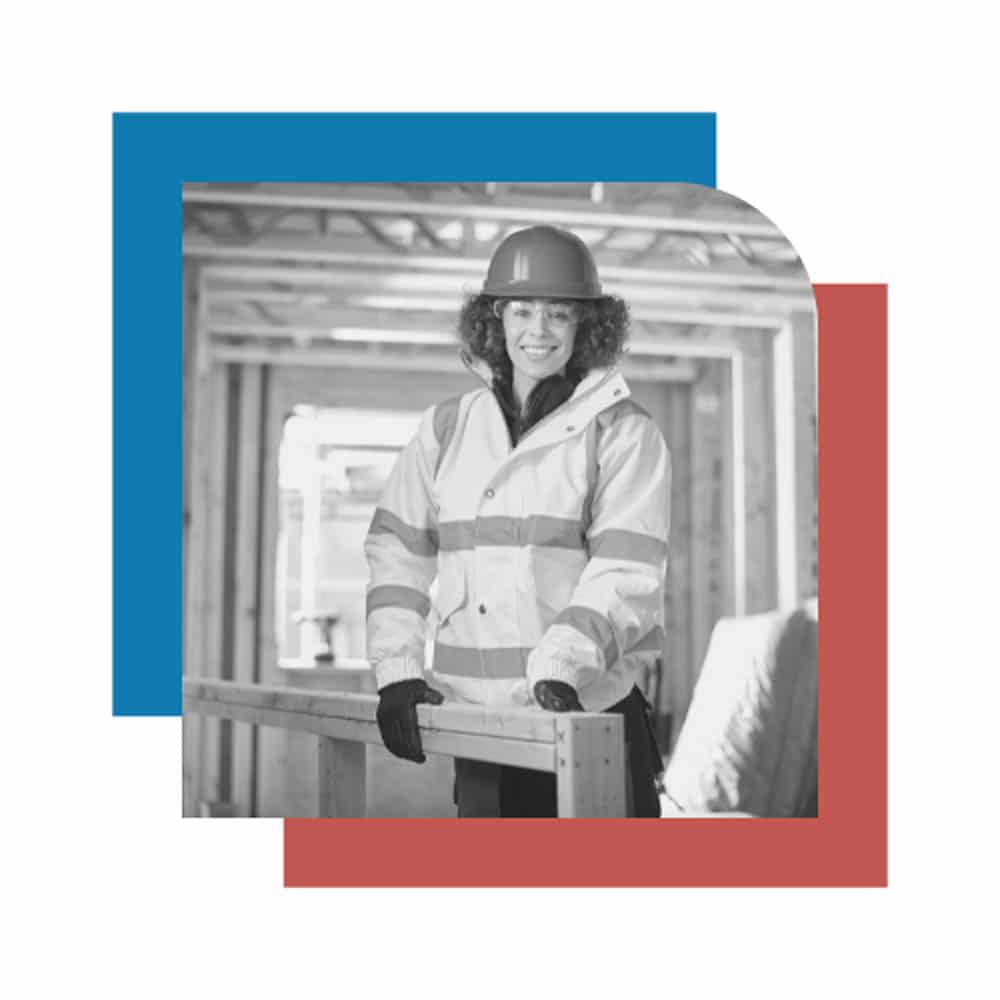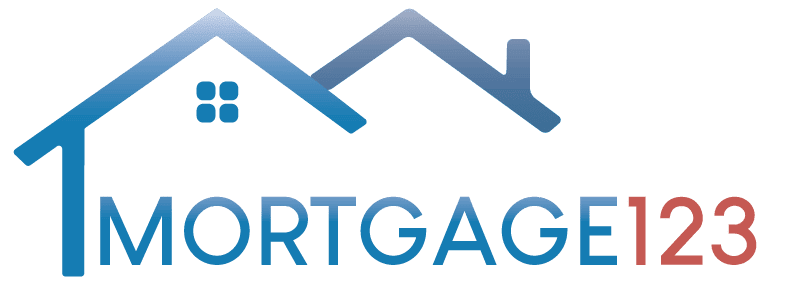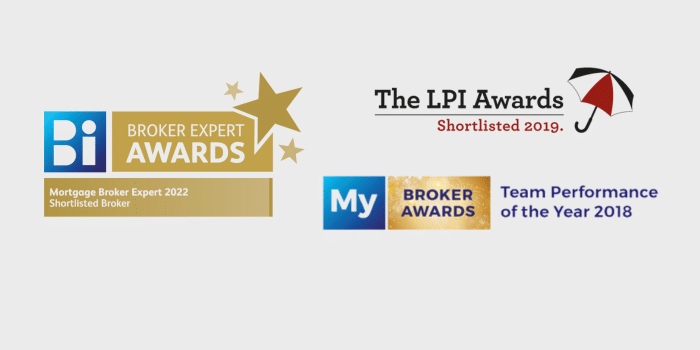
Your Self Build
A Self Build mortgage finances your own build, and it works slightly different than if you are buying a home. The self build process involves a few stages from acquiring a site, obtaining a planning permission to the building of your home. Building your own home from scratch may take considerably longer, but it may be more cost effective and rewarding.
What's different about building your own home?

Site
Your site can be your deposit. If site is gifted or already owned, you may borrow up to 100% of the Build Costs.

Provisional Approval
Provisional approval-in-principle without full planning and costings based on incomes, etc.

Final Approval
Final approval-in-principle requires all documents showing for first time buyers plus final grant of planning permission. Full costings or fixed price contract, details of supervising engineer, gift letter if site is gifted.

Cost
Include estimates for all costs – Landscaping, drives, kerbing, gardens.

Payment
Up to 6 draw down Stage Payments: Site Acquisition, foundation, floor, roof, habitable, Certificate of Compliance.
Direct Labour vs Fixed Contract
The choice is entirely yours, but you might want to consider some certain factors.

Direct Labour
You are fully in charge which can be both good and bad depending on your experience. Under the supervision of your appointed architect, you will manage contracts with workers throughout the various elements of the build from foundations to finishing touches. Do you know how to arrange for your drainage and sewage, plastering, roofing, etc.? If this sounds like a daunting task, you might prefer to employ a professional builder to carry out the build for you. Managing a self build is not an easy undertaking and may require a lot of time and dedication on your part.
Fixed Contract
If you found the direct labour option above too hard, then a building contract might be for you. A professional construction company will take over the building project under the supervision of your architect. Furthermore, your architect might recommend a builder. You can go a step further and hire a project manager. This will ensure a smooth process and even pay for itself in the long run.

The Mortgage Advisor Role
Think about dealing with architects, builders, planning permissions, surveyors, councils, etc. Self Builds are not for everyone, but at least you can rely on Mortgage123 to be with you every step of the way when it comes to financing the process. We will stay with you no matter how long it takes to complete your build.
How does it work in Practice?
John and Orla Build their Dream Home
- John and Orla were gifted a site by Johns parents to build a home on.
- John and Orla wanted advise on where to start.
- We advised them that the best thing to do in the first instance was to get costings which they had already in place, we also requested an OSI map to make sure the plot was suitable.
- We got approval for 100% of the build cost as they had a site.
Top Tips
In order to get a mortgage, you have to provide proof that you can repay it. So you’ll need to provide proof of long term employment. Casual employment and job seeker allowances are not accepted as proof of employment.
Contract workers need to provide proof of three rolling contacts. If you are in receipt of bonuses or commission income, lenders will calculate an average over a period of time.
Contract workers need to provide proof of three rolling contacts. If you are in receipt of bonuses or commission income, lenders will calculate an average over a period of time.
Self Build FAQs
Yes, you can apply for a mortgage, but how the application is processed will be specific to the lender, and not all lenders will issue mortgage approval without planning permission in place.
Yes, but this depends on many factors such as the value of the property, the value of the site, whether or not some or all of the site cost is to be included in the mortgage, etc.
It is your choice on how you want to get your home built. You will need appropriate professionals to sign off on projected build costs and stage completions. Your level of contingency funding may need to increase with direct-labour to account for a slightly greater chance of budget overspend.
This is specific to the lender, but two years would be a usual time frame to have in mind.
This depends on your overall financial circumstances. Mortgage123 can help you identify this aspect of your mortgage early in the process.
Your solicitor will advise you on stamp duty for your particular project as there are circumstances when this could be different to the usual 6% of site cost.
The process can be daunting so it makes sense to find a mortgage broker that can take the pressure off. A good advisor will simplify the process, gather all your information, advise you on ways to save for a deposit, know whether you should opt for a 25 or 35 year term, and most importantly, they’ll shop around for the best possible mortgage deal for you.
- Assess your chances of getting a mortgage
- Recommend measures to secure mortgage approval
- Fill out your application and make sure you have everything in place
- Get a quote from each bank for you and recommend the best
- Calculate the additional tax and legal expenses involved in the purchase
- Make sure all runs smoothly and stress-free for you

